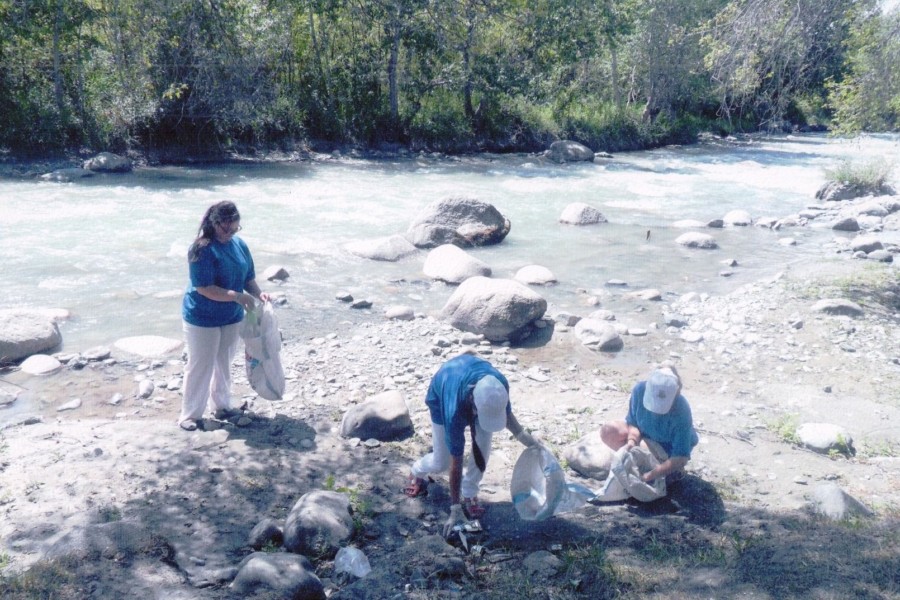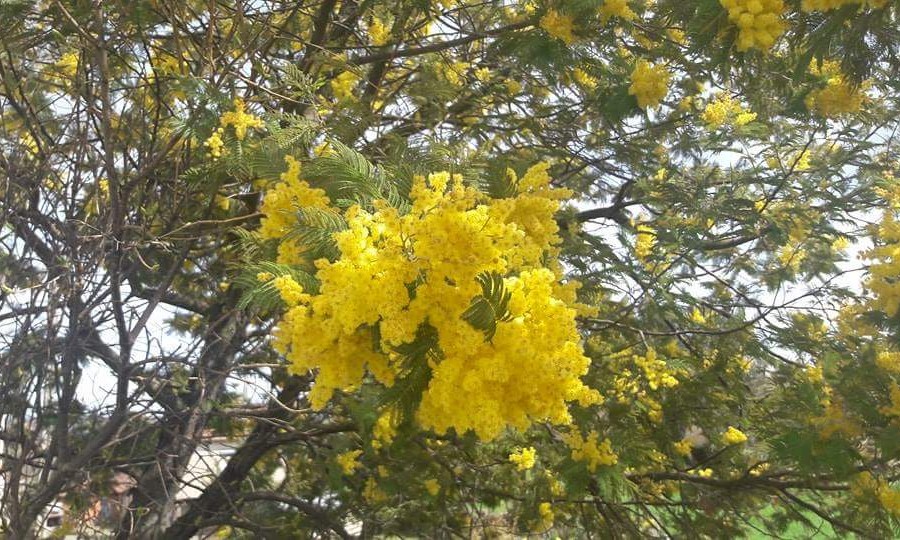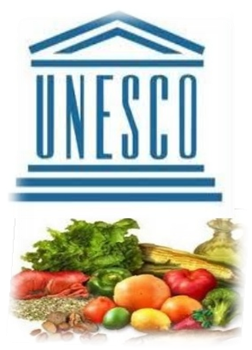
Marine and urban pollution – Two realities
The Ria Formosa, the marina and the beach of Faro are some of the places affected by marine pollution. The capital of the Algarve has entities concerned with the collection of urban waste. In Kazakhstan, the Sarkan River served as an opinion poll of residents. Some cities promote initiatives to combat human neglect, such as the social networking group “My city is a clean city”.

Acácia Australiana uma espécie invasora em Portugal
Na verdade, deve-se salientar que nem todas as plantas exóticas, são invasoras, mas em Portugal existe uma pequena parte de espécies que se reconhecem como tal. Estas são identificadas como invasoras devido à sua facilidade de reprodução, crescimento, desenvolvimento e capacidade física de ocupação de espaço.
Composting – a natural way of recycling
The Earth is getting exhausted. Cities are facing an increasing growth in population, and shares in GDP growth, resulting in, among other things, increasing quantities of waste being generated. There is a strong movement in many countries to reduce the volume of wastes to be dumped. Organic fraction of garbage can be converted into a useful and commercial product with a higher value. At home, individually , we can also do our share. Besides a correct waste selection , home composting can be a natural way of recycling.

Med diet – making up for our food excesses
Rising rates of obesity worldwide have been linked to the growing consumption of energy-dense foods, many of which are increasingly nutrient poor as refined grains, added sugars, and added fats have become the staple foods of today’s most families’ diet in western countries (WHO, 2016; DGS, 2017). At the same path the prevalence of nutrition related diseases have become higher and higher. Recent studies, however, point out a secret weapon to make up for our food excesses: The Mediterranean diet, the UNESCO’s intangible heritage.


You must be logged in to post a comment.